Continuing the 8th session of the 15th National Assembly with a sense of responsibility to voters and people, the National Assembly deputies focused on discussing many issues closely related to the lives of the majority of people. Among them, the planning and management of land use to save money and prevent waste was highlighted.
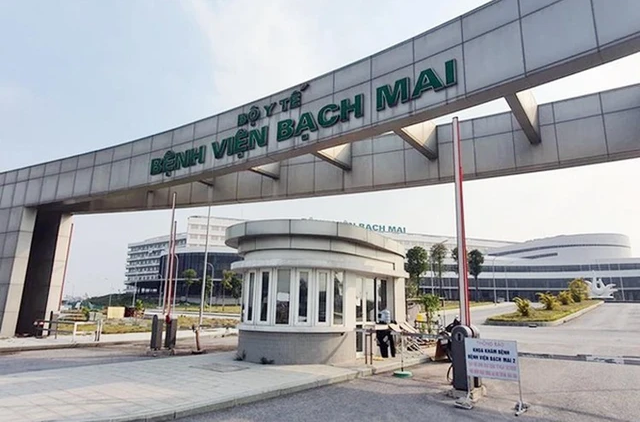
1. Due to the socio-economic development process, the Party and State's policy is to promote investment in important national projects and works, especially transport infrastructure, energy... with large land use scale, increasing the demand for using some types of land in localities with projects compared to the allocated targets, so at the 8th session of the 15th National Assembly, the Government submitted to the National Assembly a decision on the policy of adjusting the National Land Use Plan in order to have enough time to organize the preparation, appraisal, and submission to the National Assembly for consideration and approval at the regular session at the end of 2025, meeting the general development requirements.
Speaking at the socio-economic discussion session at the hall earlier this week, National Assembly Deputy Nguyen Thanh Nam ( Phu Tho Delegation) raised the issue of the need to use land resources economically for socio-economic development. According to this Deputy: Currently, the exploitation and use of land resources have not kept up with the needs, potentials and opportunities of socio-economic life, posing a big problem in practicing thrift and fighting waste. Notably, contributing to this waste, according to the National Assembly Deputy from Phu Tho, is the slow change in a number of sectors and fields in the arrangement, innovation and improvement of operational efficiency of agricultural and forestry companies; rearranging and handling of housing, land and public assets of central agencies located in localities. Although, "The Party, State and National Assembly leaders have given specific instructions and requirements on the responsibilities of organizations and individuals, especially the accountability of leaders for abandoned land areas, misused land, recovered agricultural and forestry land but without a plan for use, placing the fight against waste in the same position as the fight against corruption and negativity. However, the sad reality is that there are localities that are very active and proactive in proposing and implementing projects for socio-economic development according to approved plans and schemes for these land funds, but they face many barriers and obstacles, leading to the inability to optimally exploit land resources effectively," said the delegate.
2. In this field, according to the Submission on the policy of adjusting the National Land Use Plan for the period 2021-2030, with a vision to 2050, the Government proposed that the National Assembly make adjustments with the main contents including: Adjusting 8 land use indicators for agricultural land groups (including land types: rice land, special-use forest land, protective forest land, production forest land is natural forest); non-agricultural land groups (defense land, security land); not submitting to the National Assembly for approval of the National Land Use Plan.
The Government also proposed the content of the National Assembly's decision on the policy of adjusting the National Land Use Plan: "Agreeing in principle to assign the Government to organize the preparation and adjustment of the National Land Use Plan for the 2021-2030 period, with a vision to 2050, to submit to the National Assembly for approval in 2025" and included it as a content in the Joint Resolution of the 8th Session, 15th National Assembly. Talking about this content, in the meeting of the National Assembly Standing Committee right before discussing the socio-economic situation 1 day, Minister of Natural Resources and Environment Do Duc Duy said that after 3 years of organizing the implementation of the National Land Use Plan, up to now, many land use indicators have no longer been suitable. For example, at the time the National Assembly approved the National Land Use Plan, the National Master Plan and many national sectoral plans, regional plans, and provincial plans had not been approved. Therefore, land use needs in national land use planning and plans have not been fully and accurately determined.
This explains why National Assembly Deputy Nguyen Thanh Nam commented at the parliament on the waste in land use in recent years, "the land cries, the people lament". Explaining this phenomenon, the Deputy from Phu Tho province said that there are many reasons, including confusion and entanglement in defining the scope and sequence between the arrangement and handling of public assets and land recovery.
3. Based on the new provisions of the law, with the view of development closely following reality, avoiding purely legal thinking in the conditions of our legal system not being synchronized, Deputy Nguyen Thanh Nam suggested that ministries and branches continue to consider and resolve, creating the fastest conditions for localities to exploit land funds within the allocated quota, transferring real estate facilities managed by ministries and branches but not in need of use to localities for socio-economic development, especially locations that have been abandoned for decades. Mr. Nam said and informed that even in Phu Tho province, there are such land locations.
To facilitate localities to quickly access the land fund that needs to be accessed, it is impossible not to mention administrative procedures. In fact, we have promoted the reduction of administrative procedures, leading to many procedures being simpler; we have also initially successfully transformed digitally at some stages in the chain of administrative procedures related to land. However, the settlement of administrative procedures in some agencies is still prolonged, lacking inspection and supervision mechanisms, especially in the process of coordinating, exchanging, and consulting when settling administrative procedures between ministries and branches. There are projects from the beginning of 2021 that have not yet escaped the "forest" of procedures even though they have been "cleared" quite a bit. There is still a situation of one door but many locks and many key holders. This makes investors quite worried.
Regarding this issue, National Assembly Deputy Nguyen Huu Thong (Binh Thuan Delegation) commented that in this session, the Government presented many contents, for example, to remove difficulties, obstacles, inadequacies, and overlaps in legal documents such as the Investment Law, the Public Investment Law, the Law on Investment under the public-private partnership model, or to consider giving opinions on the draft Resolution on specific policies to remove obstacles of land projects in the conclusions of inspections, examinations, and judgments in Ho Chi Minh City, Da Nang and Khanh Hoa, etc., demonstrating the creative spirit of the Government and the Prime Minister. “I hope the Government will continue to direct ministries, branches and localities to continue reviewing and evaluating projects and works with current institutional problems, for example, projects that have been inspected, examined, investigated, judgments, projects that are slow due to the implementation of legal documents that are not yet synchronized, etc. to resolve them, and to issue specific pilot mechanisms for specific projects or in specific localities to evaluate and replicate them to promote the country's development resources.”
Therefore, although adjusting the planning for land management and use is a good thing to do, it is necessary to carry out the implementation and supervision process so that land can truly become an important resource for the development process.
Source: https://daidoanket.vn/chong-lang-phi-trong-quy-hoach-quan-ly-su-dung-quy-dat-10294679.html


![[Photo] General Secretary To Lam attends the 1st Congress of the Central Party Committee of the Fatherland Front and Central Mass Organizations](https://vphoto.vietnam.vn/thumb/1200x675/vietnam/resource/IMAGE/2025/9/23/2aa63d072cab4105a113d4fc0c68a839)










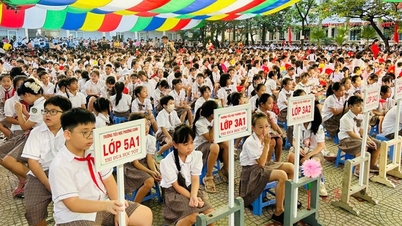





![[Photo] Ao Ba Ba - The beauty of female guerrillas in the resistance war](https://vphoto.vietnam.vn/thumb/402x226/vietnam/resource/IMAGE/2025/9/23/efd31eed7b734b08ababc613275c4a2b)




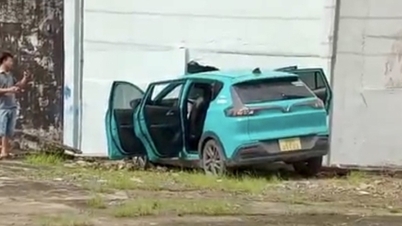









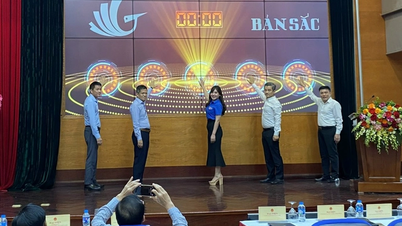



![[Photo] Prime Minister Pham Minh Chinh chairs the first meeting of the Central Steering Committee on housing policy and real estate market](https://vphoto.vietnam.vn/thumb/1200x675/vietnam/resource/IMAGE/2025/9/22/c0f42b88c6284975b4bcfcf5b17656e7)






























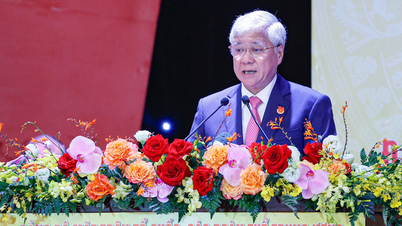






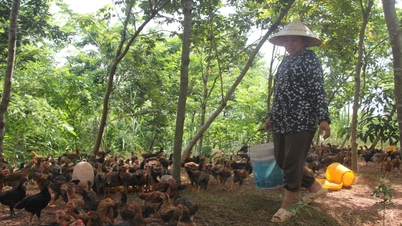











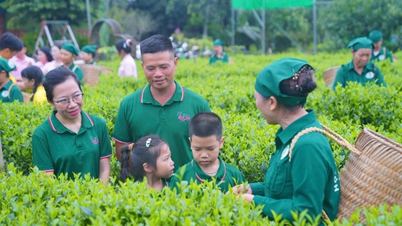


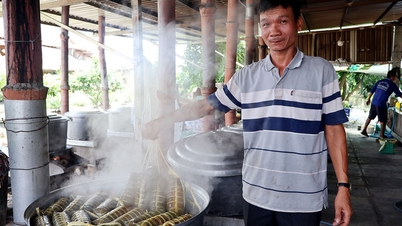








Comment (0)